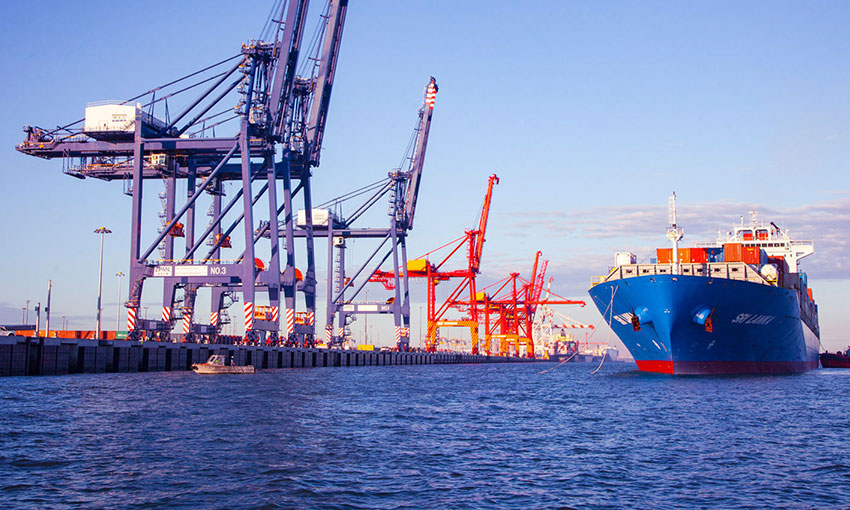EARLY in 2021, it was officially announced that Poseidon Sea Pilots won the tender to provide services in the Brisbane Pilotage Area for the next decade, starting on 1 January 2022.
Since the announcement was made, there has been much concern in industry about the new outfit running pilotage services at Queensland’s biggest port, while PSP says it is able to carry out pilotage operations safely.
Much of the concern revolves around a lack of experience in the new pilotage group. No pilots from Brisbane Marine Pilots, which has been operating for 30 years, joined PSP, according to a statement from the Australian Maritime Officers Union. The AMOU said BMP’s 38 pilots have a combined 500 years of pilotage experience in Brisbane and a total of about 850 years of combined pilotage experience in total.
An industry source has confirmed to DCN that PSP pilots have had no on-water training under actual piloting conditions at the Port of Brisbane. They have, however, acquired local river knowledge via the use of the dredge Brisbane.
With no on-water training, there may be a contravention of IMO Resolution A.960 Annex 1. It states that simulation training is acceptable as a supplement to on-water training “under actual piloting conditions”. Section 5.2 reads:
Standards for initial training should be designed to develop in the trainee pilot the skills and knowledge determined by the competent pilotage authority to be necessary for obtaining a pilot certificate or license. The training should include practical experience gained under the close supervision of experienced pilots. This practical experience gained on vessels under actual piloting conditions may be supplemented by simulation, both computer and manned model, classroom instruction, or other training methods.
Maritime Safety Queensland acting general manager Jim Huggett told DCN on 22 December, “MSQ is awaiting an imminent decision from the Queensland Civil and Administrative Tribunal in relation to a dispute over this matter. It would not be appropriate to comment while those deliberations are underway”.
A decision from QCAT is expected before Christmas.
PSP’s cohort includes experienced pilots. In mid-November, PSP general manager Robert Buck said the company had employed a “full strong cohort of sea pilots, marine pilot trainees, support crew and admin staff”.
“We have employed a range of marine pilots from very experienced, more than 15 years of pilotage experience, right through the ranks needed for our operation.”

